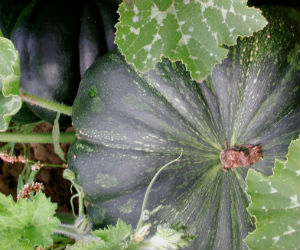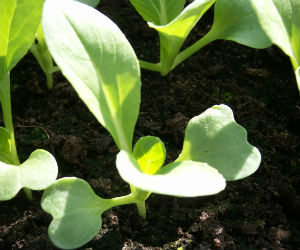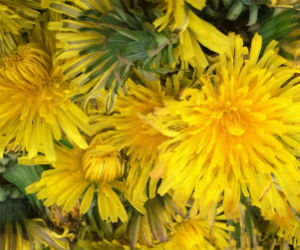Goethe called nature an ‘open secret’.
Nature is there for us to see, but we have to pay attention. It is there, all around us, in the drama of a spectacular sunset or the quiet bursting of a new bud, the patterns of nature are there for us to observe.
In the UK this summer the patterns of nature have been unusual, drought followed flooding which followed unseasonal snow. What do we do with that? How big do we have to think? How is it possible to not feel like a victim?
For those of us working with biodynamics (in whatever context) we need to be able to see. Because if you are working with the grain of nature, somehow you have to figure out what the grain of nature is (even when the grain of nature seems to be against you). How can we aim for harmony and balance if we don’t quite know what we are aiming for?
In complex situations (like a farm, garden, landscape, ecosystem etc.) relationships matter. If a farm is working together as a whole, change in one aspect will affect change in the rest. The number of cows on a farm will affect the fertility of the soil, a change in the pattern of crop rotations affects the wildlife that is reliant on those crops. Some are obvious, some are more subtle, but they work together. If we can observe the patterns and the changes carefully, that may help us understand how to work towards balance.
And in the patterns of this last year? Stresses enable you to see the system more clearly. How much are we working towards resilience, because as this year shows, resilience clearly needs to be the aim. Working towards a resilient system implies diversity, complexity and long term thinking.
Quick fixes are almost always temporary fixes, so the long view is the only option left to us.
So, open your eyes and as you do so, try not to let your assumptions interfere. Be careful of what you think you know, or even more what you are sure of… I had a teacher once who recommended that if we were 100% sure of something, we could just try being 95% sure, leaving 5% doubt. Doubt can be a good thing, sometimes it allows us to pay attention…
For me this is not just a romantic notion but a real possibility. Experience and making sense, understanding and adjusting, a constant attempt to do all of this better.
And on the subject of opening your eyes – if you haven’t seen this – take a look: Meant to be – Johan Reyneke – South African Biodynamic Farmer and Surfer




